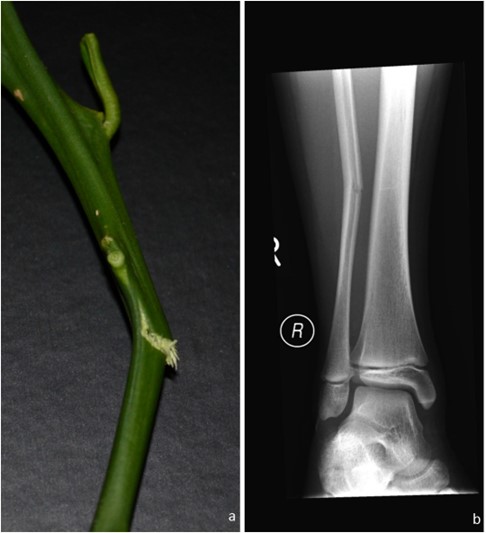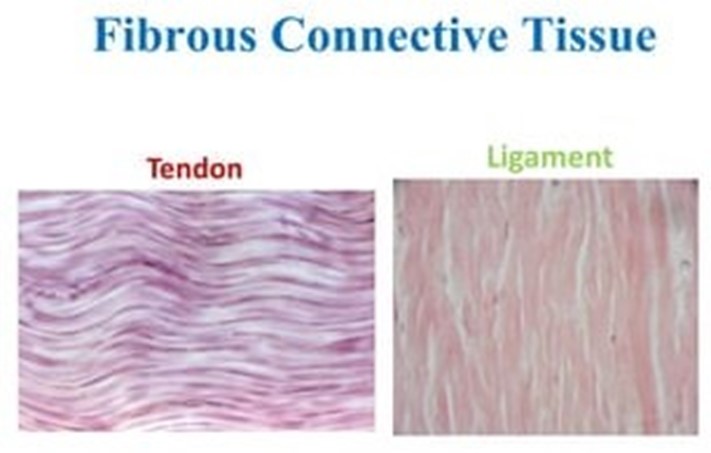The hemodialysis client is scheduled to receive weekly injections of epoetin. Which is the most important consideration to be taken by the nurse in the administration of this medication?
Administer with low-dose aspirin to prevent clot formation.
Administer immediately after dialysis.
Monitor complete blood count prior to dose.
Schedule injection on nondialysis day.
The Correct Answer is D
Schedule injection on a nondialysis day. Epoetin is a medication used to stimulate the production of red blood cells. It is important to administer the medication on the day that the client is not receiving dialysis to prevent the medication from being removed from the bloodstream during the dialysis process.
Administering epoetin immediately after dialysis, choice B may result in decreased effectiveness.
Administering with low-dose aspirin, choice A, is not a standard recommendation for the administration of epoetin.
Monitoring the complete blood count prior to the dose, choice C is not the most important consideration when administering epoetin.
Nursing Test Bank
Naxlex Comprehensive Predictor Exams
Related Questions
Correct Answer is A
Explanation
Greenstick fractures are incomplete fractures, which are common in children due to their bones being more flexible than in adults. These fractures occur when the bone is bent and partially broken, but not completely separated. Pathologic fractures occur in bones that are weakened due to conditions such as osteoporosis or cancer. Compound fractures occur when the broken bone pierces the skin. Impacted fractures occur when the broken ends of a bone are driven into each other.

Correct Answer is C
Explanation
Tendon. A tendon is a fibrous connective tissue that connects muscle to bone. Musculoskeletal injuries that involve tendons can result from overuse, trauma, or degeneration. Tendinitis, for example, is a common condition characterized by inflammation of a tendon.

Choice A, Joint, is incorrect because a joint is the point of articulation between two or more bones.
Choice B, Cartilage, is incorrect because cartilage is a tough, flexible connective tissue that cushions joints and supports various structures in the body.
Choice D, Ligament, is incorrect because a ligament is a fibrous connective tissue that connects bone to bone and provides stability to joints.
Whether you are a student looking to ace your exams or a practicing nurse seeking to enhance your expertise , our nursing education contents will empower you with the confidence and competence to make a difference in the lives of patients and become a respected leader in the healthcare field.
Visit Naxlex, invest in your future and unlock endless possibilities with our unparalleled nursing education contents today
Report Wrong Answer on the Current Question
Do you disagree with the answer? If yes, what is your expected answer? Explain.
Kindly be descriptive with the issue you are facing.
